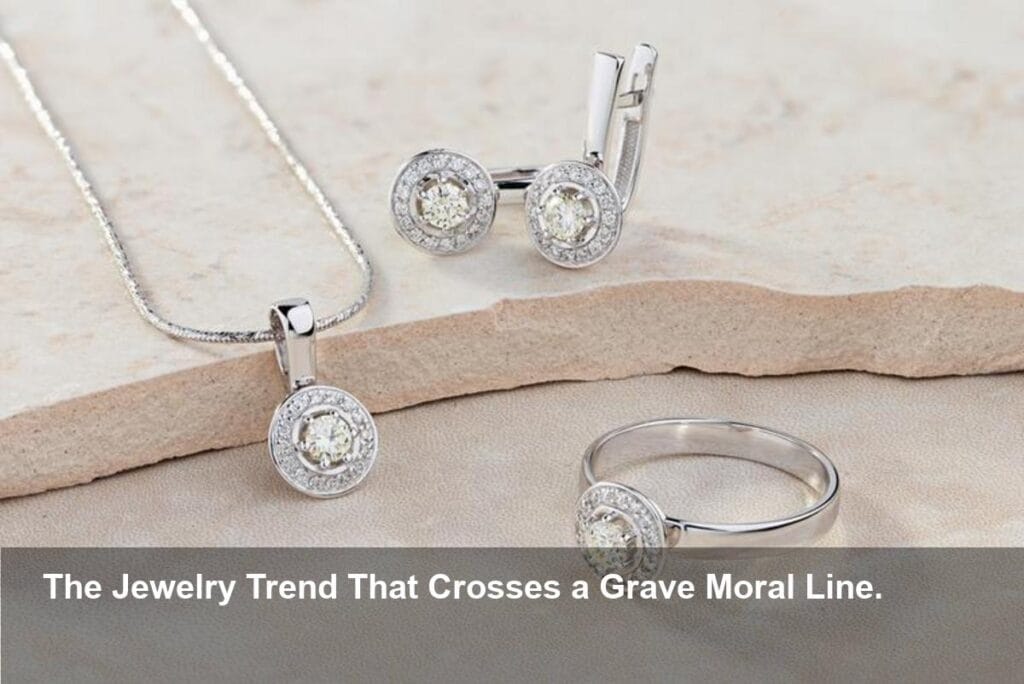- A controversial new practice involves encasing human embryos, often those remaining from IVF treatments, into wearable jewelry like necklaces and rings.
- Catholic leaders and ethicists are sounding the alarm, condemning the trend as a “dystopian” desecration of human life.
- The debate highlights the profound ethical and moral chasm over the status of frozen embryos and the sanctity of life from conception.
- This trend raises disturbing questions about the ultimate commodification of human beings, treating them as mere keepsakes or “bling.”
A Shocking New Frontier in Bioethics
A deeply unsettling trend has emerged at the crossroads of biotechnology and fashion: “embryo jewelry.” The practice involves taking human embryos, typically those cryogenically frozen and unused after In Vitro Fertilization (IVF) procedures, and encasing them in resin or other materials to be worn as pendants, rings, or other decorative items. This development has ignited a firestorm of controversy, particularly within the Catholic community, which has long been a staunch defender of the sanctity of life from the moment of conception.
Catholics React with Horror to “Dystopian Bling”
For many Catholics, the idea of turning a human embryo—a person in the earliest stage of development—into a piece of jewelry is not just distasteful but morally abhorrent. Church leaders and pro-life advocates have been swift to condemn the practice, labeling it “dystopian” and a grotesque trivialization of human life.
The core of the objection is rooted in the Catholic teaching that a human being’s life begins at conception. From this perspective, an embryo is not a potential person or a piece of biological material but a “frozen child” deserving of the same dignity and respect as any other human. Encasing this life in a necklace is seen as a profound act of desecration, reducing a unique individual to a mere object or accessory.
The Ultimate Commodification of Life
Ethicists argue that this trend represents the ultimate commodification of human life. In a world where the IVF industry has created a surplus of hundreds of thousands of frozen embryos, the question of their fate has been a persistent ethical dilemma. While some parents choose to donate them or keep them frozen indefinitely, turning them into jewelry introduces a grim new option that treats human beings as property.
This practice is seen as a dangerous step down a slippery slope where the lines between person and product become irrevocably blurred. Critics warn that it fosters a culture that devalues human life, making it something to be manufactured, stored, and ultimately, disposed of or even worn for aesthetic purposes.
A Grave New Ethical Controversy
The emergence of embryo jewelry forces society to confront uncomfortable questions about the moral status of embryos created in a lab. For those who view these embryos as children, the practice is nothing short of macabre. The alarm being sounded by the Catholic community serves as a powerful moral challenge to a society grappling with the profound consequences of reproductive technology, urging a return to a framework that recognizes the inherent dignity of every human life, no matter how small or vulnerable.


